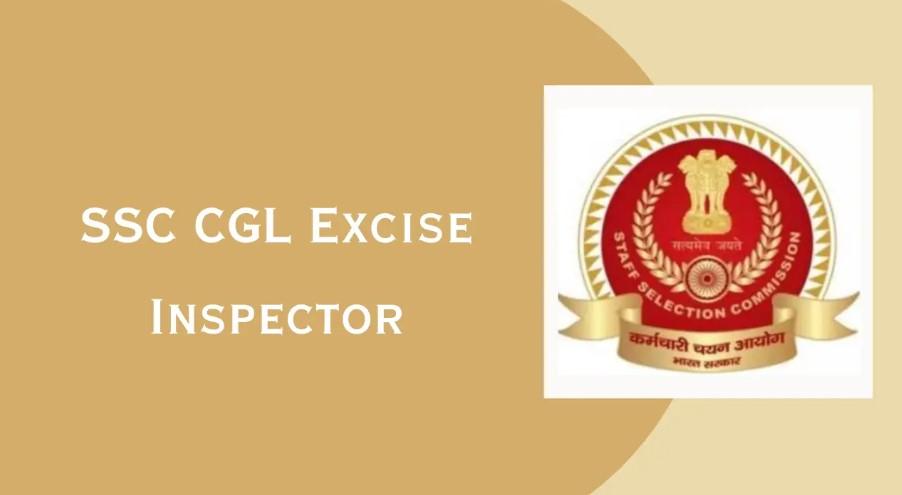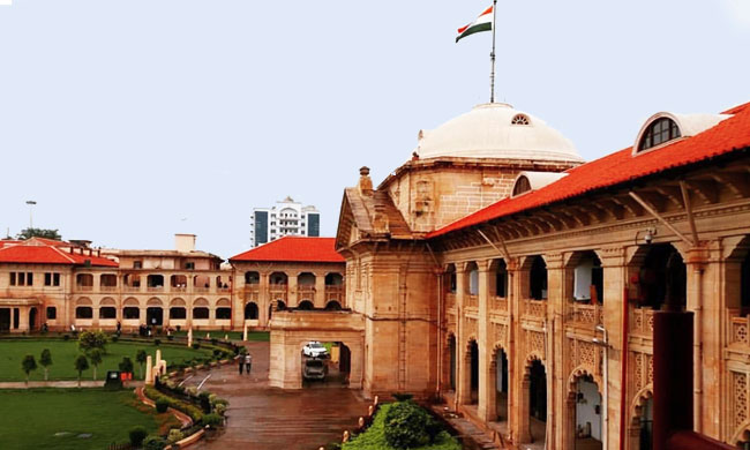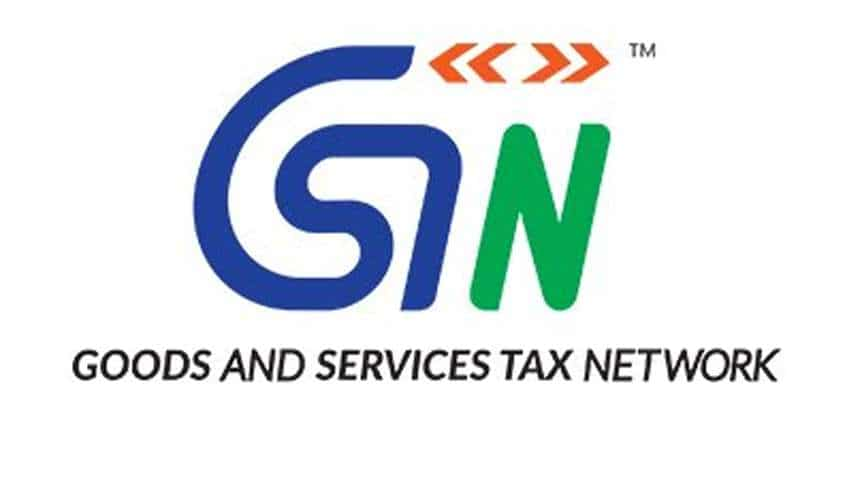“It is evident that the statement said to have been given on 19.06.2019 claims to be so called admission by the petitioner, is not available before the Revenue anymore and on the other hand, it is for them to determine the tax liability by resorting to the procedures in accordance with law, instead of issuing the impugned proceedings straightaway under Section 79 based on the so called admission which is subsequently retracted.” – Hon’ble Madras HC
2019 (11) TMI 766 – MADRAS HIGH COURT

M/S. V.N. MEHTA & COMPANY VERSUS THE ASSISTANT COMMISSIONER, THE SUPERINTENDENT OF GST & CENTRAL EXCISE, THE STATE TAX OFFICER, THE MANAGER
W.P.No.26187 of 2019 And W.M.P.Nos.25551, 25552 & 25553 of 2019
Dated: – 08 November 2019
Judgment / Order
Mr. Justice K. Ravichandrabaabu
For the Petitioner : Mr.P.Rajkumar
For the Respondents : Mr.M.Santharaman Senior Standing Counsel [R1 & R2] Mr.M.Hariharan [R3] Additional Government Pleader (Taxes) No Appearance – R4
ORDER
This writ petition is filed challenging the proceedings of the first respondent dated 07.08.2019 addressed to the fourth respondent through which, the fourth respondent was directed to recover a sum of ₹ 53,28,645/- from the account maintained by the petitioner on the reason that the said sum on account of tax, cess, interest and penalty is payable by the petitioner under the provisions of the GST Act and that the petitioner had failed to make such payment.
2. The grievance of the petitioner against the impugned proceedings is that the same was issued straightaway, even before making an assessment or atleast initiating proceedings for making the assessment. It is the specific case of the petitioner that no proceedings whatsoever, was issued against the petitioner for determining either the tax, cess or interest or penalty totally amounting to ₹ 53,28,645/- as claimed in the impugned proceedings.
Therefore, it is contended that Section 79 of the Central Goods and Services Tax Act, 2017, cannot be invoked by the first respondent to recover the said sum as if, such sum is an arrear payable by the petitioner. The learned counsel for the petitioner further pointed out that though a statement was obtained from the petitioner on 19.06.2019, by the Superintendent of GST, stating as if the petitioner availed input credit during the period from June – 2018 to October – 2018 on the strength of invoices of fake units, the said statement was subsequently retracted by the petitioner through communication dated 26.06.2019, specifically, by stating that the petitioner’s answer is to be read as that they have so far taken ITC of ₹ 53,28,645/- for goods received along with invoices.

3. The learned counsel also invited this Court’s attention to the answer made by the petitioner to question No.17 where the petitioner has specifically stated that the petitioner received invoices along with goods from the mentioned companies and paid the amount through Bank account.
Therefore, it is contended that based on the mere statement which is subsequently retracted by the petitioner, the impugned proceedings cannot be issued.
4. A counter affidavit is filed by the first and second respondents wherein, it is stated that the petitioner has admitted his liability through his statement and therefore, the proper officer may deduct the amount so payable from any money owing to such person as provided under Section 79 of CGST Act, 2017. It is further stated in the counter that it is not necessary to issue show cause notice and mere admitted liability is enough for invoking the provision under Section 79 of the said Act.
5. Apart from reiterating the above contentions in the counter affidavit, the learned counsel appearing for the first and second respondents also submitted that even otherwise as per Section 83 of the Central Goods and Services Tax Act, 2017, the first respondent is entitled to make provision to protect the interest of the Revenue. Even though, he said so, to a specific question put by this Court, whether any proceeding is pending against the petitioner, the learned counsel appearing for the first respondent answered in negative.
6. Under the above stated facts and circumstances, this Court has to see, as to whether the impugned proceedings can be sustained in the eye of law.
7. It is seen that except issuing the proceedings under Section 79, no other proceedings was ever issued against the petitioner determining their tax etc., liability, amounting to ₹ 53,28,645/- as claimed in the impugned proceedings. Section 79 of the CGST Act, 2017 contemplates that any amount payable by a person to the Government under any of the provisions of the said Act or the Rules made there under is not paid, the proper officer shall proceed to recover the amount by one or more of the modes referred to therein. Therefore, it is evident that the term “amount payable by a person” is to mean that such liability arises only after determination of such amount in a manner known to law.
8. In this case, the first respondent sought to rely upon the so called admission made by the petitioner in the statement given on 19.06.2019. It is true that question No.13 and answer to the the said question is against the interest of the petitioner. At the same time, question No.17 and answer to the said question contradicts the statement said to have been given by the petitioner to question No.13. For better clarity, both question Nos.13 and 17 as well as the answer to those questions are extracted hereunder :-
“Q 13. How much input credit you have availed during the period from July 2018 to October 2018 on the strength of those invoices of above fake units?
A 13. I have so far taken input tax credit of ₹ 53,28,645/- based on fake invoices of above two units.

Q 17. By wrongly availing ITC on the basis of fake invoices issued by above fake units without receipt of goods, you are liable to pay the amount of ITC wrongly availed as per Section 74 of the CGST Act, 2017 along with the interest payable thereon under Section 50 and penalty as per the provision of CGST Act, 2017. Comment.
A 17. I state that I received invoice along with goods from the above mentioned companies. I have paid them through bank account.
In respect of documentary evidence I can provide you Stock register, packing slip, E-way bills, vehicle details, bank account details through which we made the bank transfer.”
9. Therefore, it is apparent that the petitioner’s statement given on 19.06.2019, to question Nos.13 and 17, contradicts with each other. Apart from doing so, the petitioner has also retracted the statement made to question No : 13 through communication dated 26.06.2019, specifically stating that the answer to question No.13 should be read as follows:
“I have so far taken ITC of ₹ 53,28,645/- for goods received along with invoices.”
10. Therefore, it is evident that the statement said to have been given on 19.06.2019 claims to be so called admission by the petitioner, is not available before the Revenue anymore and on the other hand, it is for them to determine the tax liability by resorting to the procedures in accordance with law, instead of issuing the impugned proceedings straightaway under Section 79 based on the so called admission which is subsequently retracted.
11. Therefore, I find that the impugned proceedings issued under Section 79 is not sustainable. No doubt, the first respondent sought to rely upon Section 83 to contend that the first respondent is entitled to make the provisional attachment.
12. Perusal of Section 83 would show that the such provisional attachment can be resorted to only when proceedings are pending under any of the provisions viz., Section 62, 63, 64, 67, 73 and 74.
13. In this case, as admitted by the learned counsel appearing for the first respondent, no such proceedings are pending as on today under any of the above provisions. Therefore, I am of the view that Section 83 also would not come to the rescue of the respondent to sustain the impugned proceedings.

14. Thus, I find that the impugned proceedings are not maintainable.
Accordingly, the writ petition is allowed and the impugned proceedings is set aside. However, it is made clear that this Court is not expressing any view on the merits of the allegation made by the respondent against the petitioner, as it is for them to adjudicate the matter in a manner known to law. No costs. Connected miscellaneous petitions are closed.













